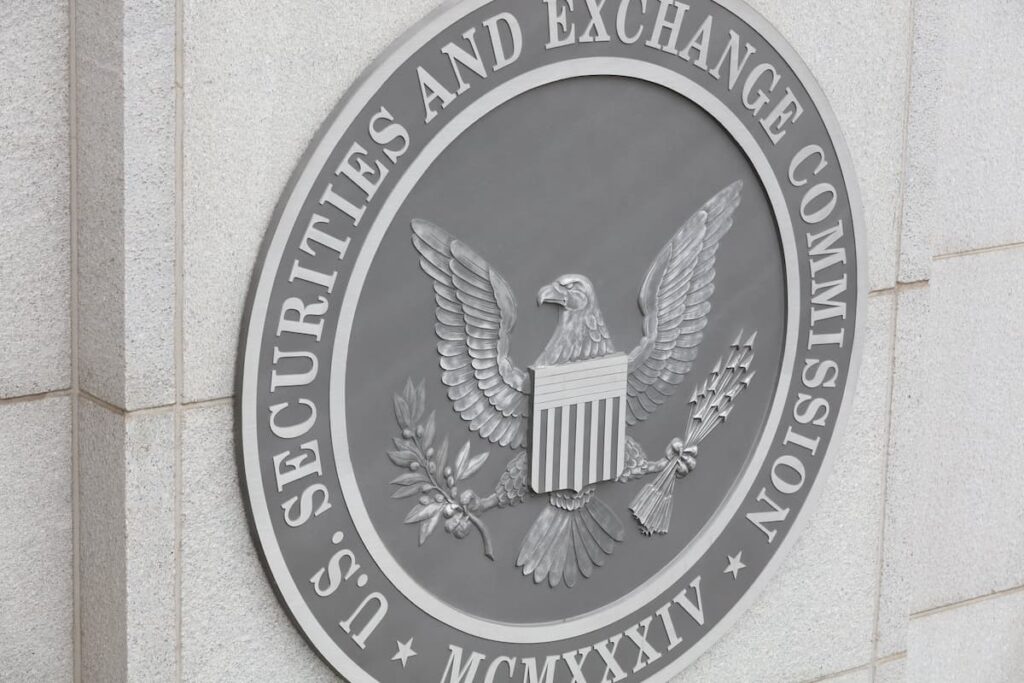The Supreme Court SEC decision took away the major method of penalizing those found to have committed fraud in the securities industry. Congress strengthened law in 2010 by authorizing the SEC to use independent administrative law judges to conduct hearings, to make factual findings, and to impose fines on those accused of securities fraud. Congress creation of administrative law judges violates the Seventh Amendment right to a jury trial. In the current system the accused do have the right to appeal in federal court, Roberts said that is not the same thing as having the right to be tried by a jury of one’s peers in a courtroom supervised by a federal judge.
The decision will have a significant impact on the forum in which the SEC can enforce the statutes it administers—in the agency’s in-house administrative court, or in federal court before an Article III judge and a jury. The Court explained that “if a suit is in the nature of an action at common law, then the matter presumptively concerns private rights, and adjudication by an Article III court is mandatory.” The Court also emphasized that the form of relief the SEC sought in this case—civil penalties—was “all but dispositive” on the issue of whether the Seventh Amendment applied because civil penalties are “a type of remedy at common law that could only be enforced in courts of law.” Thus, going forward, if the SEC seeks civil penalties on a claim that resembles a traditional common-law action, the SEC very likely must proceed only in federal court, not in the administrative court.
In the near term, the decision may have little impact on SEC enforcement because the agency hasn’t pursued contested actions seeking penalties in its administrative forum.
But long term, requiring the SEC to bring enforcement actions in federal court will afford defendants access to independent judges and juries, the rules of evidence and civil procedure, and other procedural protections.
The Court’s decision could have broader implications for other agencies and other theories of liability. Many agencies have in-house courts that adjudicate alleged violations of the statutes they implement. If an agency seeks monetary penalties on a ground that resembles a traditional action at common law—such as a fraud or negligence claim—the Seventh Amendment presumptively requires the agency to proceed in federal court.
The public rights exception to this principle will be construed more narrowly than suggested by some prior Court decisions. Defendants facing agency enforcement actions therefore should carefully consider the nature of the agency’s claims and requested penalties and assert their constitutional rights to a jury trial. Parties to agency investigations should consider asserting those constitutional rights in the event the agency signals it intends to take enforcement action.
Because the Seventh Amendment question resolved the case, the Court declined to reach the other constitutional questions that the petitioner presented. The Supreme Court has yet to decide whether Congress unconstitutionally delegated to the SEC the power to choose the forum in which to proceed or unconstitutionally insulated the administrative law judge from removal.
Brian Wang is a Futurist Thought Leader and a popular Science blogger with 1 million readers per month. His blog Nextbigfuture.com is ranked #1 Science News Blog. It covers many disruptive technology and trends including Space, Robotics, Artificial Intelligence, Medicine, Anti-aging Biotechnology, and Nanotechnology.
Known for identifying cutting edge technologies, he is currently a Co-Founder of a startup and fundraiser for high potential early-stage companies. He is the Head of Research for Allocations for deep technology investments and an Angel Investor at Space Angels.
A frequent speaker at corporations, he has been a TEDx speaker, a Singularity University speaker and guest at numerous interviews for radio and podcasts. He is open to public speaking and advising engagements.
>>> Read full article>>>
Copyright for syndicated content belongs to the linked Source : Next Big Future – https://www.nextbigfuture.com/2024/06/supreme-court-reduces-sec-powers-to-impose-fines.html
